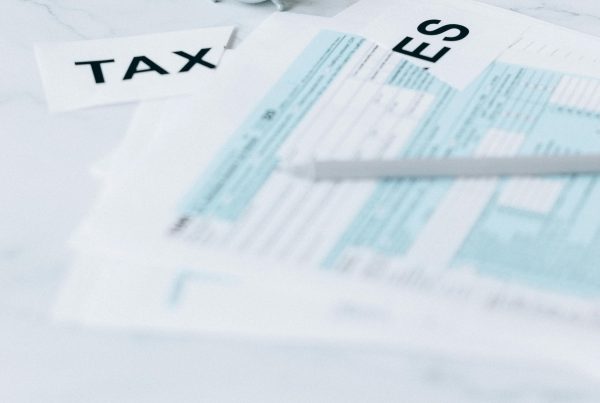Small Business Tax Options During COVID-19: ATO Reminder
The ATO has reminded businesses impacted by COVID-19 that they have a range of tax options to consider, including claiming a deduction for any losses.
ATO Assistant Commissioner Andrew Watson said small business owners feeling overwhelmed or getting behind with their tax should contact the ATO as early as possible to find a solution. “No matter what your situation is, it’s never too late to ask for help”, Mr Watson said.
Tax losses
Sole traders and individual partners in a partnership who meet certain conditions can offset current year losses against other assessable income (such as salary or investment income) in the same income year. Otherwise, the loss can be deferred or carried forward and offset in a future year when the business next makes a profit. The ATO also notes that businesses set up under a company structure that have made a tax loss in a current year can generally carry forward that loss for as long as they want.
Of course, it is crucial that businesses keep proper records when claiming a deduction for losses. While records must be kept for five years for most transactions, if a tax loss is fully deducted in a single income year, records only need to be kept for four years from that income year. However, there are some deductions that can’t be used to create or increase a tax loss, such as donations or gifts and personal super contributions.
For businesses finding it difficult to estimate income for the purposes of PAYG instalments, the ATO will not apply penalties or interest for excessive variations for businesses that make a “best attempt” to estimate their end-of-year tax.
Closing a small business
The ATO has acknowledged that some businesses may need to close their doors – either temporarily or permanently – due to COVID-19, particularly in Victoria. It calls on such businesses that are closing temporarily to “do their best to keep up with tax and super obligations”.
If a business is forced to close permanently as a result of COVID-19, or for any other reason, it must still lodge any outstanding activity statements and instalment notices, make GST adjustments on the final activity statement and lodge final tax returns. This will enable the ATO to finalise the taxpayer’s account and issue any refunds that might be owed.
Once the entity’s tax affairs are finalised, the ABN and GST registration should also be cancelled. Business records must be kept for at least five years after the end of the financial year in which a business is sold or closed
Clients should not act solely on the basis of the material contained here. Items herein are general comments only and do not constitute or convey advice per se. Also, changes in legislation may occur quickly. We, therefore, recommend that our formal advice be sought before acting in any of the areas.



